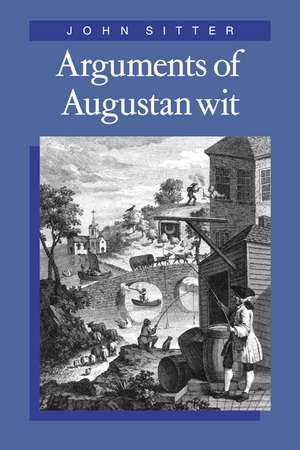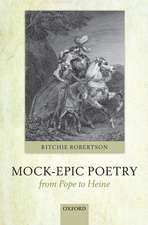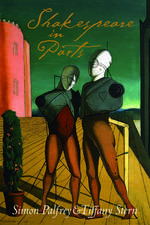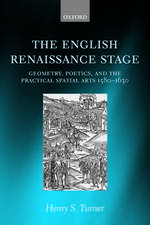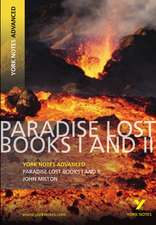Arguments of Augustan Wit: Cambridge Studies in Eighteenth-Century English Literature and Thought, cartea 11
Autor John Sitteren Limba Engleză Paperback – 7 oct 2007
Din seria Cambridge Studies in Eighteenth-Century English Literature and Thought
-
 Preț: 288.20 lei
Preț: 288.20 lei -
 Preț: 377.00 lei
Preț: 377.00 lei -
 Preț: 280.91 lei
Preț: 280.91 lei -
 Preț: 388.15 lei
Preț: 388.15 lei -
 Preț: 341.90 lei
Preț: 341.90 lei -
 Preț: 283.25 lei
Preț: 283.25 lei -
 Preț: 317.67 lei
Preț: 317.67 lei -
 Preț: 279.98 lei
Preț: 279.98 lei -
 Preț: 340.71 lei
Preț: 340.71 lei -
 Preț: 343.63 lei
Preț: 343.63 lei -
 Preț: 382.71 lei
Preț: 382.71 lei -
 Preț: 378.26 lei
Preț: 378.26 lei - 11%
 Preț: 691.66 lei
Preț: 691.66 lei -
 Preț: 284.17 lei
Preț: 284.17 lei -
 Preț: 404.92 lei
Preț: 404.92 lei -
 Preț: 379.84 lei
Preț: 379.84 lei -
 Preț: 384.25 lei
Preț: 384.25 lei -
 Preț: 283.41 lei
Preț: 283.41 lei -
 Preț: 334.19 lei
Preț: 334.19 lei -
 Preț: 302.98 lei
Preț: 302.98 lei -
 Preț: 303.60 lei
Preț: 303.60 lei -
 Preț: 311.35 lei
Preț: 311.35 lei -
 Preț: 373.56 lei
Preț: 373.56 lei -
 Preț: 306.10 lei
Preț: 306.10 lei -
 Preț: 332.44 lei
Preț: 332.44 lei -
 Preț: 335.34 lei
Preț: 335.34 lei -
 Preț: 302.61 lei
Preț: 302.61 lei -
 Preț: 380.98 lei
Preț: 380.98 lei -
 Preț: 412.82 lei
Preț: 412.82 lei - 11%
 Preț: 694.71 lei
Preț: 694.71 lei
Preț: 281.49 lei
Nou
Puncte Express: 422
Preț estimativ în valută:
53.86€ • 57.60$ • 44.91£
53.86€ • 57.60$ • 44.91£
Carte tipărită la comandă
Livrare economică 18 aprilie-02 mai
Preluare comenzi: 021 569.72.76
Specificații
ISBN-13: 9780521044554
ISBN-10: 0521044553
Pagini: 204
Ilustrații: 1 b/w illus.
Dimensiuni: 157 x 227 x 11 mm
Greutate: 0.3 kg
Editura: Cambridge University Press
Colecția Cambridge University Press
Seria Cambridge Studies in Eighteenth-Century English Literature and Thought
Locul publicării:Cambridge, United Kingdom
ISBN-10: 0521044553
Pagini: 204
Ilustrații: 1 b/w illus.
Dimensiuni: 157 x 227 x 11 mm
Greutate: 0.3 kg
Editura: Cambridge University Press
Colecția Cambridge University Press
Seria Cambridge Studies in Eighteenth-Century English Literature and Thought
Locul publicării:Cambridge, United Kingdom
Cuprins
Acknowledgements; Abbreviations; Introduction; 1. The character progress as an Augustan phenomenon; 2. About wit: Locke, Jakobson, and Augustan ideas; 3. On the matter of wit; 4. Gravity, abstraction, and crackpot materialism; 5. That satire is art, only more so; Conclusion; Index.
Descriere
John Sitter makes a challenging claim for the importance of wit in the writings of Dryden, Rochester, Prior, Berkeley, Gay, Pope and Swift.
